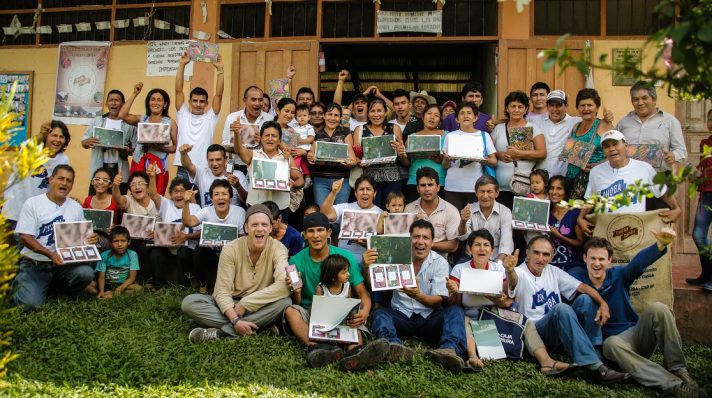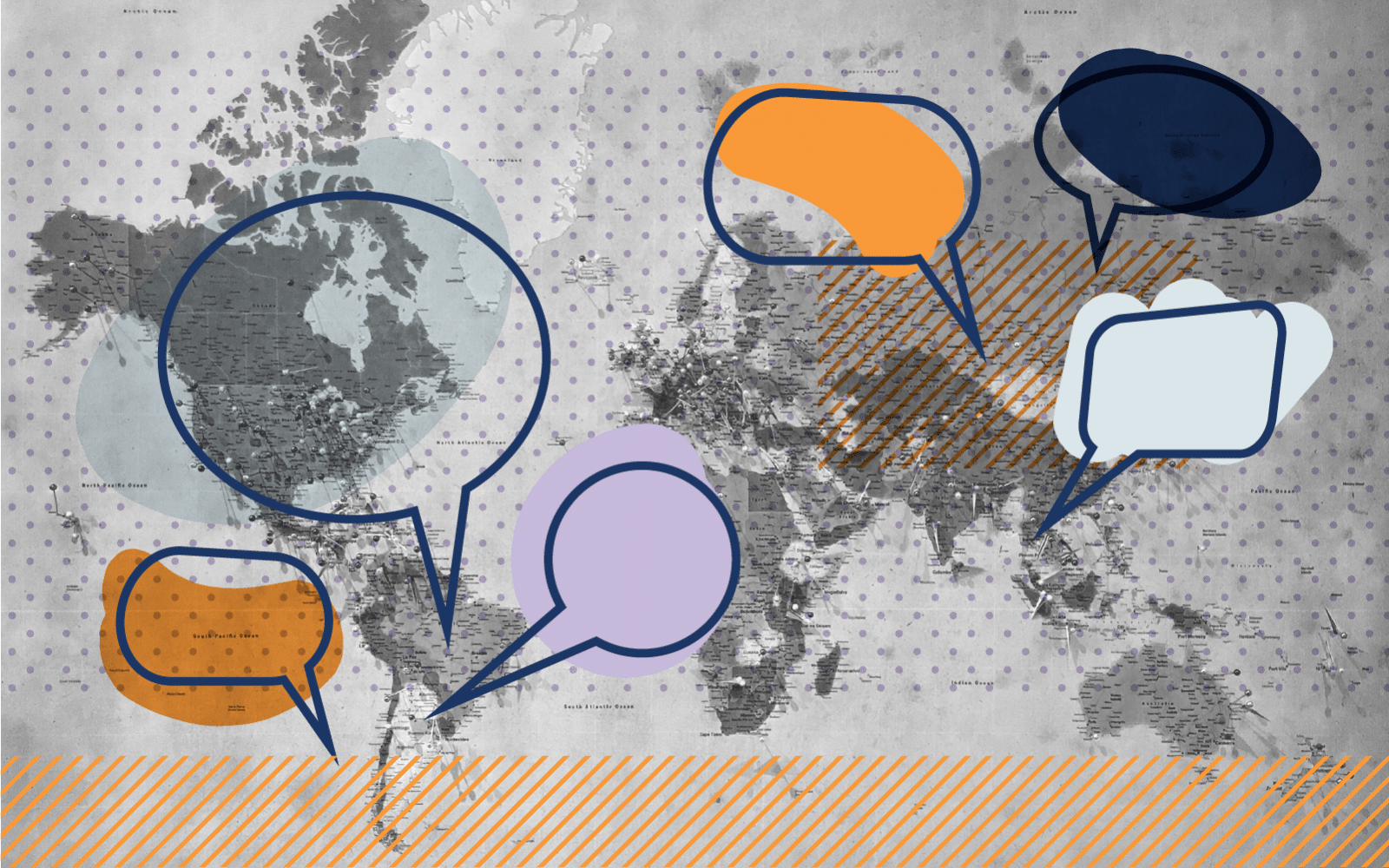
From the refugee crisis, to healthcare access to exploitation in global food chains, complex social problems are embedded in interconnected systems. Enter a new model of solution: social enterprise. Social entrepreneurs have the agility to tackle social problems in new and innovative ways, working at the roots of the problem to engender systemic change.
The UBS Social Innovators program has created an opportunity for social entrepreneurs to put forward their ideas and solutions that can positively contribute in dealing with these challenges worldwide. In 2016, the programme received 1200 applications; 34 social enterprises were selected to participate in regional bootcamps, 12 of which were short-listed by the judging panels to take part in the regional finals where 1 winner was selected for each region - APAC, EMEA and Switzerland: Karma Healthcare, Kiron Open Higher Education and Choba Choba, respectively.
Karma Healthcare was founded by Jagdeep Gambhir and Dr Manjeet Gambhir to bring primary healthcare to rural areas in India. Over 800 million people in India lack access to primary care, often having to travel over 100km to reach a healthcare centre and qualified doctors. This leads to 75 per cent of people having to consult with untrained doctors, consequently paying more and receiving unqualified treatment.
Karma Healthcare’s solution is to create ‘e-Doctor’ clinics offering a variety of services. In each clinic, there is an android tablet with an internet connection, wireless printer, external speakers, medicines, other clinical equipment and a community health worker. Patients are asked about their symptoms and offered a video-consultation with a physician located in a central facility in the city. The patient receives a complete consultation with prescriptions, diagnostic tests and results, as well as constant support without having to leave their village, only if necessary. They currently own 9 clinics that treat 120 patients per day and their ambition is to be able to provide care to 20 thousand patients per day within the next 5 years.
Another finalist of the UBS Social Innovators Programme who is working towards an inclusive society is Kiron Open Higher Education, a German non-profit organization providing higher education to refugees in their host country. As a result of ongoing wars and persecution, over 60 million people have been forcefully displaced and less than 1 per cent of these people have access to higher education, preventing roughly 5 million people from living up to their full potential. According to UNHCR there are 4 main barriers: the need for legal documentation, high student fees, limited capacity in educational institutions and language barriers.
Kiron is tackling this issue by offering a blended learning model with online and offline services to overcome these obstacles and empower refugees to live a productive life. The students can study online for up to 2 years before being transferred to a partner university where they can graduate with a fully accredited degree, free of charge. The challenges refugees face when it comes to obtaining higher education are overcome by enabling students to enrol in university without immediate proof of legal documents, increasing overall college capacity where students can study irrespective of costs, as well as providing university content in various languages. Kiron is forging a pathway for the integration of refugees in their host countries and creating a model ready for replication worldwide.
Another is Eric Garnier, Christoph Inauen and 36 organic cacao farmers from the Alto Huayabamba Valley in Peru who are spearheading a chocolate revolution at Choba Choba, their recently founded chocolate brand. It is the first chocolate brand co-owned and co-managed by cocoa farmers. Today, the chocolate industry faces a huge power imbalance as the knowledge and expertise of 6 million small cocoa farmers that produce 95% of the world’s cocoa is poorly rewarded, while the industry, controlled by only three companies, makes huge profits.
Choba Choba produces several cocoa varieties with the Peruvian farmers in the Amazon. When imported to Switzerland, the best chocolate makers transform the cocoa into creative products to be later sold directly to the consumer through an e-shop, creating a connection between the consumers and the farming families. As shareholders and representatives in the company’s board, the farmers can benefit from the profits and determine the cacao’s value. At Choba Choba, farmers are no longer just providers of the raw material, but have a central position in the company, making their voices heard in product development, communication and marketing strategy.
These three exceptional ventures highlight the role new business models can play in facilitating the development of a more sustainable and inclusive society. If you are curious about more social innovation projects, look out for the UBS Social Innovators newsletters.
By Daniela Bach, Education Volunteer at Ashoka UK.
